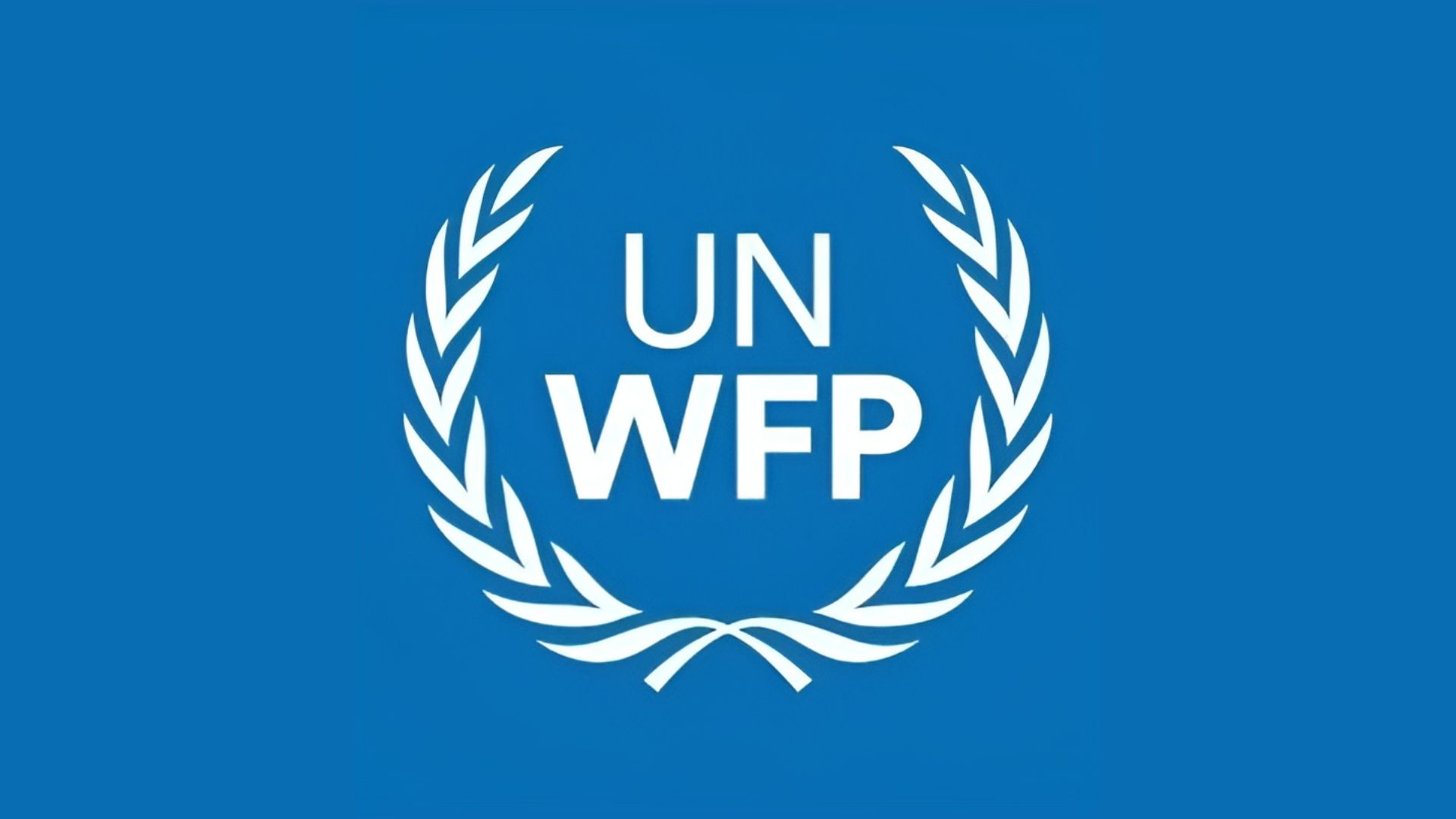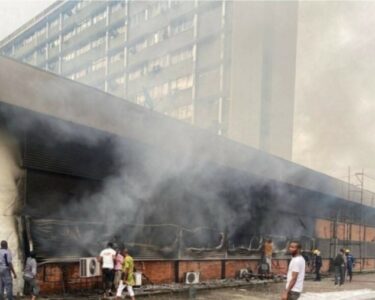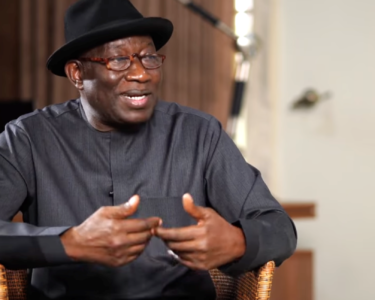WFP Funding Crisis
UN program to suspend emergency food aid in northeast Nigeria
Summary
- United Nations World Food Programme (WFP) will suspend emergency food and nutrition support in northeast Nigeria by July’s end due to a $130 million shortfall
- Over 300,000 children under two in Borno and Yobe face malnutrition as 150 WFP-supported nutrition clinics risk closure
- Aid suspension may worsen hunger, fuel displacement and insecurity, and force families into exploitation or migration
Abuja, Nigeria – The United Nations World Food Programme (WFP) has announced it will halt emergency food and nutrition aid for 1.3 million people in northeast Nigeria by the end of July due to an overwhelming funding gap of $130 million.
The organisation says its food stocks ran out earlier this month, leaving vital distributions hanging in the balance as humanitarian needs escalate to unprecedented levels.
The suspension, WFP warns, could deepen a growing hunger crisis and threaten regional stability as conflict, mass displacement, and economic hardship continue to grip Nigeria’s northeastern states.
“Nearly 31 million people in Nigeria are now facing acute hunger — the highest figure ever recorded,” said David Stevenson, WFP’s Country Director for Nigeria. “We are seeing a perfect storm of funding cuts, rising insecurity, and worsening food insecurity. Without immediate donor support, our operations will collapse.”
Over the first six months of 2025, WFP provided lifesaving assistance to 1.3 million people in northern Nigeria and planned to reach 720,000 more in the second half of the year. However, these plans are now under threat.
The agency operates more than 150 nutrition centres in Borno and Yobe states, currently serving over 300,000 children under the age of two who are at risk of wasting and severe malnutrition. These centres now face imminent closure, raising fears of rising child deaths and a potential public health emergency.
Insecurity in the northeast, driven by insurgent violence and banditry, has displaced an estimated 2.3 million people across the Lake Chad region. Many of these families rely entirely on WFP support to survive. Without it, the risk of mass migration and negative coping strategies, such as child labour, early marriage, or recruitment into armed groups, is expected to grow.
“Food assistance is not just about feeding people,” Stevenson said. “It’s a stabilising force. It gives people hope, helps rebuild local economies, and supports recovery from conflict.”
The situation in Nigeria is part of a wider crisis affecting the Central Sahel. The WFP reports a $620 million shortfall threatening support for 2 million people across Burkina Faso, Mali, Niger, and Nigeria by April 2025. According to Margot van der Velden, WFP Regional Director for Western Africa, shrinking global aid budgets have left humanitarian operations across the region severely underfunded.
“The scale of the need is growing faster than the funding,” van der Velden said. “Unless we act now, the human cost will be devastating.”
The United States Agency for International Development (USAID) previously cut foreign aid budgets significantly under the Trump administration, a move that continues to affect Africa’s humanitarian landscape. Although some efforts have been made to restore funding, the gap remains wide.
Locally, authorities and aid agencies have expressed concern over the far-reaching consequences of the suspension, warning that already vulnerable populations may face starvation and displacement. WFP projections indicate that up to 33.1 million people in Nigeria could be food insecure by August 2025.
Despite having the logistics and personnel in place to scale up its operations, the WFP says its ability to respond is now paralysed by the funding crisis. The agency has made an urgent appeal to the international community to mobilise resources and prevent a deepening humanitarian catastrophe in Nigeria and across the region.







